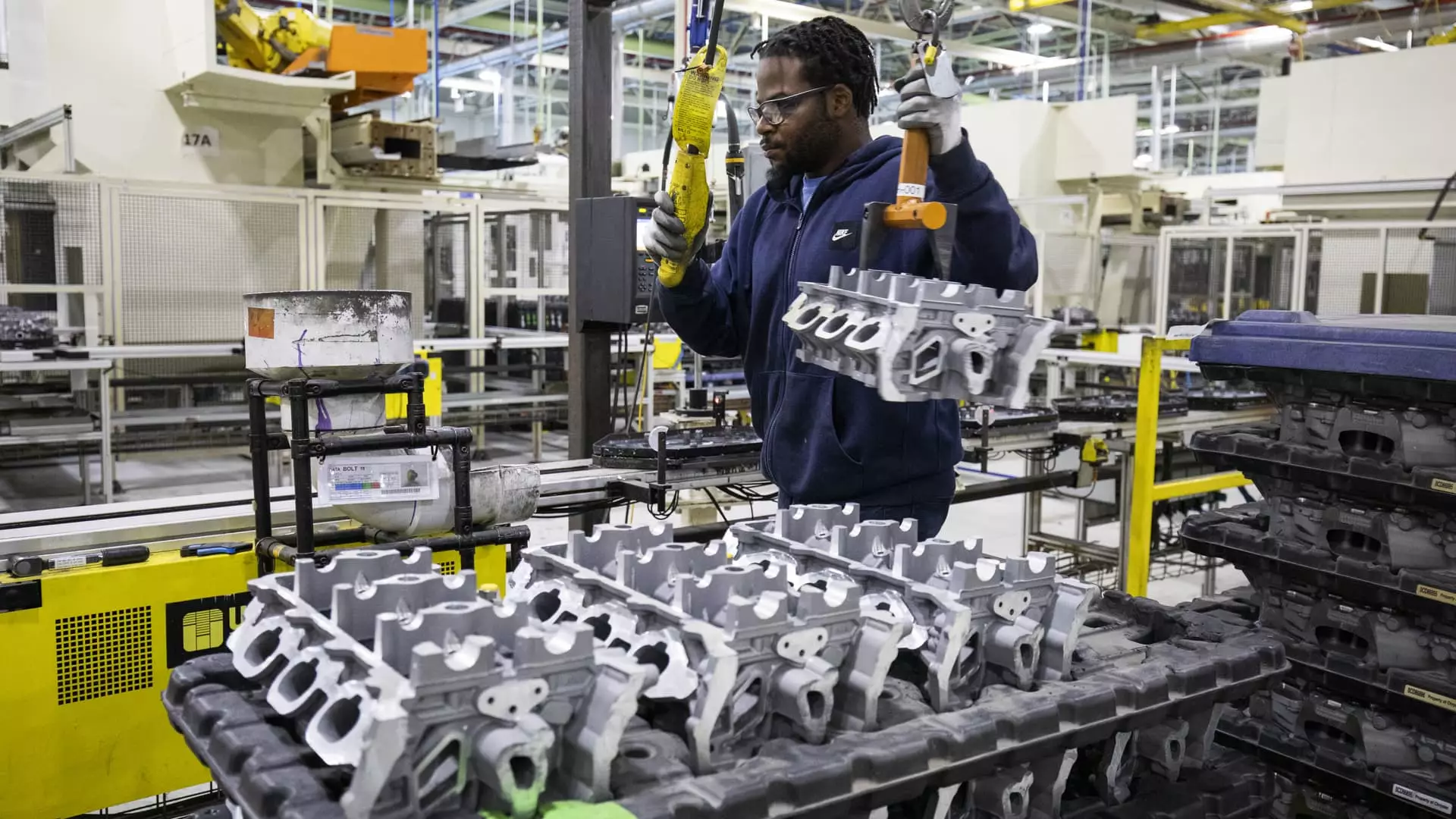In an extraordinary display of unity, six influential organizations representing the U.S. automotive sphere have banded together to confront an impending crisis. Scheduled to be enacted by May 3, proposed tariffs of 25% on automotive parts threaten not only the livelihood of countless employees but also the very fabric of this crucial American industry. Typically characterized by competition and individual interests, it’s a rarity for these groups to collectively voice their concerns. Their joint effort highlights the severity of the situation—one that could destabilize a sector that supports a staggering 10 million jobs nationwide. The automotive industry isn’t merely a pillar of the economy; it forms the backbone of countless communities across America.
The Fabric of Distress
The letter penned to key administration officials prominently underlines an unsettling truth: many auto suppliers are already teetering on the brink of collapse. The existing fragility of supply chains means that they are ill-equipped to absorb the financial shockwaves of these tariffs. This isn’t just a theoretical debate among economists or policy-makers; real people’s lives hang in the balance. When a single supplier fails—a very real possibility given current economic pressures—the ramifications echo throughout the industry. Production lines could halt, employees could face layoffs, and families could face financial turmoil. The echoes of past crises, like those experienced during the pandemic, are hauntingly relevant today.
The Economic Implications
From the moment these tariffs are enacted, the cost of doing business in the automotive sector will escalate dramatically. Experts predict more than $100 billion in increased expenses that will inevitably be passed onto consumers through higher vehicle prices—both new and used. So, what does this mean in practical terms? Millions of American families could be forced into an untenable position, where owning a vehicle—an essential mode of transportation for many—becomes prohibitively expensive. Rather than bolstering American manufacturing as intended, these tariffs may inadvertently push consumers into a corner, stifling access to affordable transportation options.
Political Posturing and Economic Reality
Political rhetoric often dances around the more intricate details of policy implications, and this situation is no different. While President Trump has hinted at a willingness to reconsider the 25% tariffs, history reveals a cautionary tale about political promises versus tangible outcomes. The notion of delaying these tariffs is a flicker of hope for an industry in dire need of re-evaluation, but hope alone isn’t a panacea. Industry stakeholders recognize that repairing global supply chains is not an overnight endeavor; it requires time and cooperation that could be too slow for those on the verge of financial disaster.
Furthermore, it’s crucial to scrutinize whether the administration genuinely grasps the broader repercussions of its decisions on the automotive industry. Promises to “help” companies transitioning parts manufacturing to U.S. soil sound reassuring on the surface but lack the depth required for real-world implementation. As this administration continues its dance with tariffs, the specter of unintended consequences looms large.
A Call for Compassionate Policy
At its core, the concerns expressed by these automotive groups issue a clarion call for policies that place the well-being of American workers and the economy front and center. Striving for greater manufacturing independence is laudable, but it must not come at the expense of vibrant suppliers who are grappling with day-to-day survival. Policymakers should consider not just the economic theory behind such tariffs, but the human stories intertwined with them.
It is essential that any approaches taken are informed by a deep understanding of both economic and humanitarian impacts. Simply put, proactive measures must transcend mere fiscal policy—these actions should aim to uplift an industry that is crucial to American identity and prosperity. Implementing compassionate policies can safeguard both the economy and the employees who work relentlessly within it.


Leave a Reply